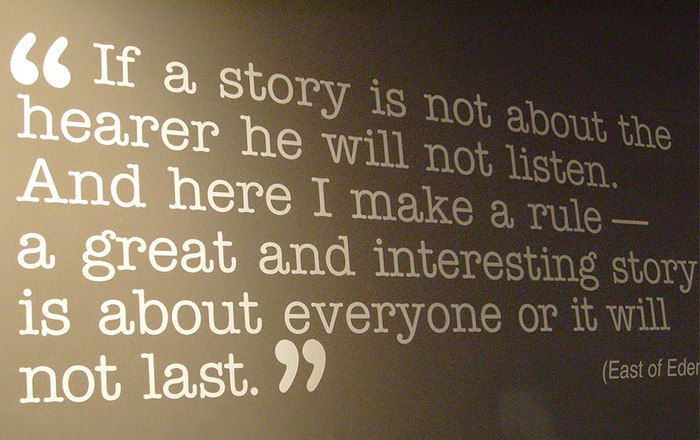OK, so it’s a “bloated genre.” What’s-his-name said so, and he should know. He’s a critic for the NY Times, for cryin’ out loud. {His name’ll come to me in a minute.} He really wasn’t trying to shame would-be memoirists in his article on the problem with memoirs, he was just trying to save a few trees. And restore some sense of standard for the classic “publishable” literary form. A second reading of his article makes that perfectly clear. {I must have been feeling a little sensitive when I first read it…}
We live in a day of oversharing, says Neil Genzlinger. I think we can all agree, given the completely overdone and offending genres of “reality television” and “tell-all talk shows.” Maybe it’s a natural overcorrection from all the previous generations of undersharing. I don’t know…but personally, I believe we should all tell our stories, written or otherwise, not for publication necessarily, but for ourselves, for our loved ones, for healing purposes, and for the redemptive impact our stories can have for others.
That’s what memoir is supposed to be. Reflective. Redemptive. “A spare, beautiful exploration…a shared discovery… that comes into focus for the author and the reader simultaneously. It’s what makes good memoir.” Just ask a NY Times critic. He should know, right?
The whole idea {and a grand one, if you ask me} is to keep a “written record or account of a life.” The word can be traced back to the early 15th century from Latin and French, and means “note, memorandum, something written to be kept in mind.” {I love that…} There are noteworthy things in every one of our stories. Things to be remembered and recorded for future use. Written reminders to far-off generations that would be forever lost if they never got the memo.
According to Marion Roach, “memoir is about something, and that something is not me.” The writer is never the subject of the tale, she says, just the catalyst for highlighting universal themes of a much bigger story. Themes such as mercy, honor, growth, transcendence, patriotism, love. {That’s what I’m talking about!}
Reflective personal writing is one of the best ways I know for exploring life’s essential themes, and discovering the truth of those essentials in a deeply personal way. Daniel Taylor calls it “life writing.” He teaches and writes about the life-shaping power of it, “simply calling it story.” Any other term for it makes people squeal in fear, he’s learned. “But call it simply story, and we all pull up a chair.”
{I just love that, don’t you?}
After all, who in the world doesn’t love a good story?


